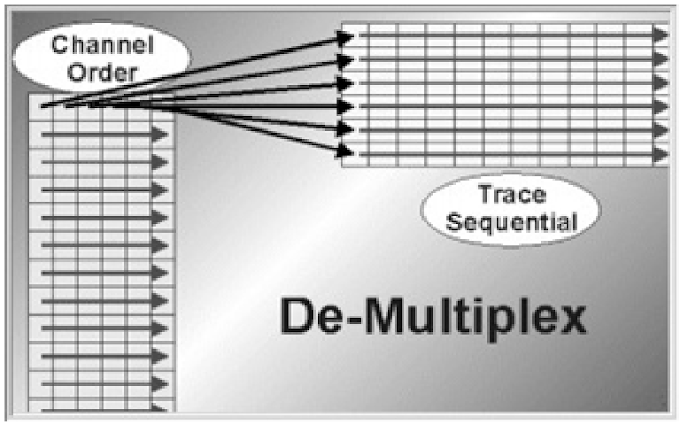by Dave Logan
There are many benefits in relying on good ol' Mother Nature for your home's heating and cooling systems. From our view, the biggest benefit of geothermal heat pump systems (GHPs) is that they use up to 50% less electricity than the conventional systems. According to the Department of Energy, a GHP system costs about $2,500 per ton of capacity, or about $7,500 for a 3-ton unit, which is the typical size requirement for a residence.While conventional systems cost less up front (with air conditioning), the benefits of going geothermal will put money back into your pocket almost right away. For example, if you roll the cost of the GHP into your mortgage, you may increase your payment by only $30-$50 per month. The energy cost savings will easily surpass that amount over the course of a single year. Also keep in mind that good financing deals can often be achieved for purchasing a GHP.
There are many other benefits of migrating to a GHP system, whether you're installing one in a new home or retrofitting a system in your existing home. GHP systems use far fewer mechanical components, which make them more reliable out of the gate. Add to that the fact that they are sheltered from all weather, and you have a system that will last for decades. You can get up to 50 year warranties for the underground piping sytems, and the pumps themselves are designed to last at least 20 years, in most cases longer.
Like a conventional furnace and air-conditioning system, a geothermal system uses ductwork. This is certainly a cost benefit in retrofitting a system if that's your situation. The GHP pump itself operates in complete silence, so it's nice to not have the sudden air blasts you get from conventional systems.
I think you'll find a GHP system to be a low-maintenance, cost-effective solution for your new or current home. Do a little of your own research to make sure the installing your own GHP system is right for you at this time.




0 Comments